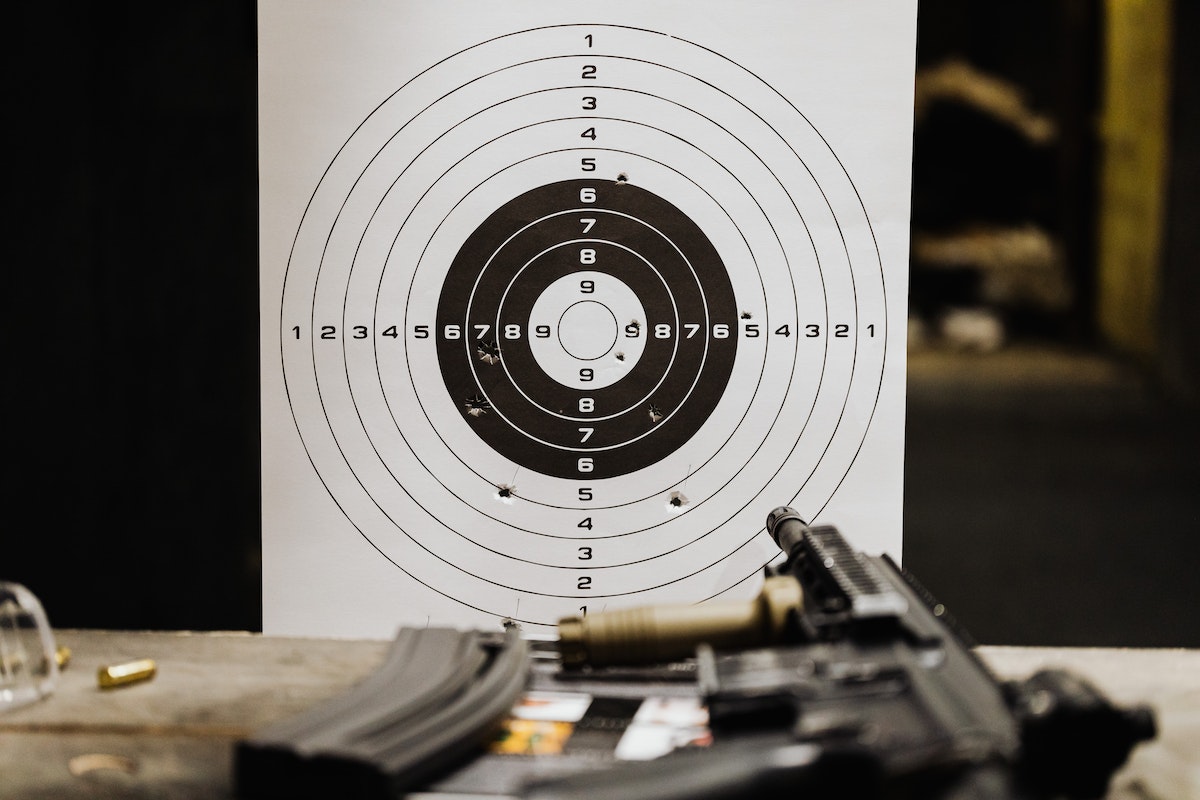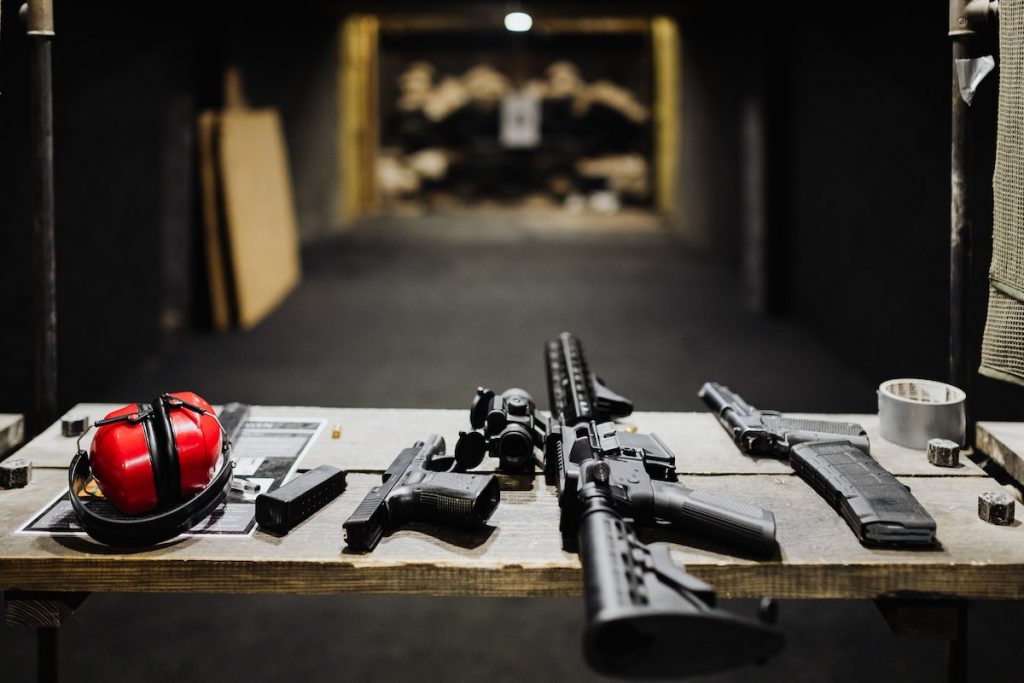The firearms industry is a unique and fascinating space. The industry’s economic impact on the US alone was valued at $19.9 billion in 2020, according to Statista. Therefore, it’s inarguable that the firearms industry presents a significant opportunity for entrepreneurs.
However, the firearms industry is also highly regulated. Federal and state laws restrict who can manufacture, sell, and possess firearms and ammunition. These regulations make it difficult for new businesses to enter the market and can be costly to comply with. It’s also an industry with a lot of baggage and potential issues. So, what should you consider if you’re considering entering the firearms industry?
Here are a few things to keep in mind.
The political climate.
The firearms industry is highly politicized, making it difficult to do business. You need to know the current political climate and how it might impact your business. Although the firearms industry is not limited to the United States, US politics significantly impact the sector globally.
Therefore, it’s helpful to ensure that your business is politically neutral. You should also be prepared for changes in the political landscape that could impact your sales. For example, a change in gun control laws could affect your ability to manufacture or sell firearms.
Regardless of your political views, you need to be aware of the potential issues that can arise from doing business in the firearms industry.

The regulation environment
There are a variety of federal, state, and local regulations that apply to the firearms industry. You need to make sure you’re in compliance with all applicable laws. This is where hiring firms such as Joseph Chiarello & Co., Inc Firearms Business Insurance, who have experience in the field, can pose great benefits.
For example, you need to have a license to manufacture firearms. The type of license you need depends on the types of firearms you want to manufacture. You also must comply with regulations on storing and selling firearms. These regulations can be costly to comply with, so you need to make sure you’re aware of them before getting started.
The firearms industry is also fraught with potential liability issues. For example, if you sell a firearm to someone who then uses it to commit a crime, you could be held liable. This is why it’s crucial to have comprehensive insurance coverage for your business.
You should also consider how you’ll handle customer complaints and product recalls. These are common issues in thefirearms industry, and you need to have a plan in place to deal with them.
The competitive landscape.
The firearms industry is highly competitive, so you need to be prepared to compete against well-established companies. You need to clearly understand your target market and what they’re looking for in a firearm.
You also need to differentiate your product from the competition. This can be difficult, but it’s essential if you want to succeed in the firearms industry. You can ensure this by offering a unique product or by providing outstanding customer service.
You should also consider partnering with or investing in other businesses in the firearms industry. This can help you tap into new markets and expand your business. You need to decide how you want to position your company and how you’ll work with other businesses in the industry.
The logistics of manufacturing and selling firearms.
There are a lot of logistical considerations that come into play when manufacturing and selling firearms. You need to make sure you have a solid understanding of the manufacturing and sales process before you get started.
For instance, you need to decide where you’ll manufacture your firearms. You also need to find reliable suppliers of gun parts and ammunition. And you need to establish relationships with dealers who can help you sell your firearms.
You can do these by attending trade shows and networking with other businesses in the firearms industry. You should also consider joining trade associations like the National Rifle Association or the National Shooting Sports Foundation. These organizations can provide you with valuable resources and contacts.
You should also have a good understanding of the shipping process. Shipping firearms can be complicated, so you must ensure you’re familiar with the regulations. You also need to find a shipping company that can handle the logistics of shipping firearms safely and securely.
Thefirearms industry is unique and has its own set of challenges. If you’re thinking about entering the industry, it’s essential to be aware of the political climate, the regulatory environment, the competitive landscape, and the logistics of manufacturing and selling firearms. By considering these things, you’ll be better prepared to navigate the challenges of the firearms industry successfully.
